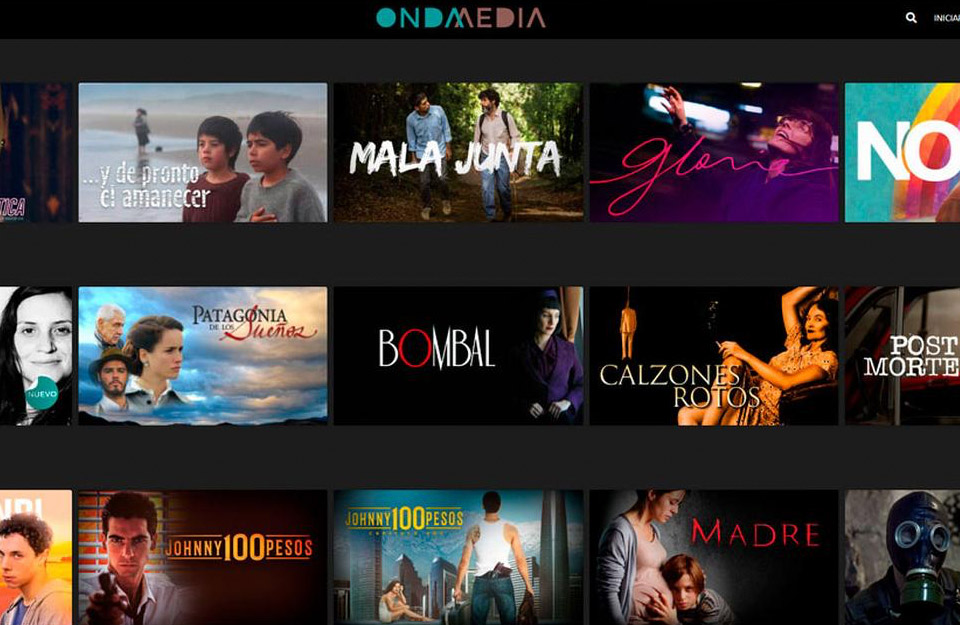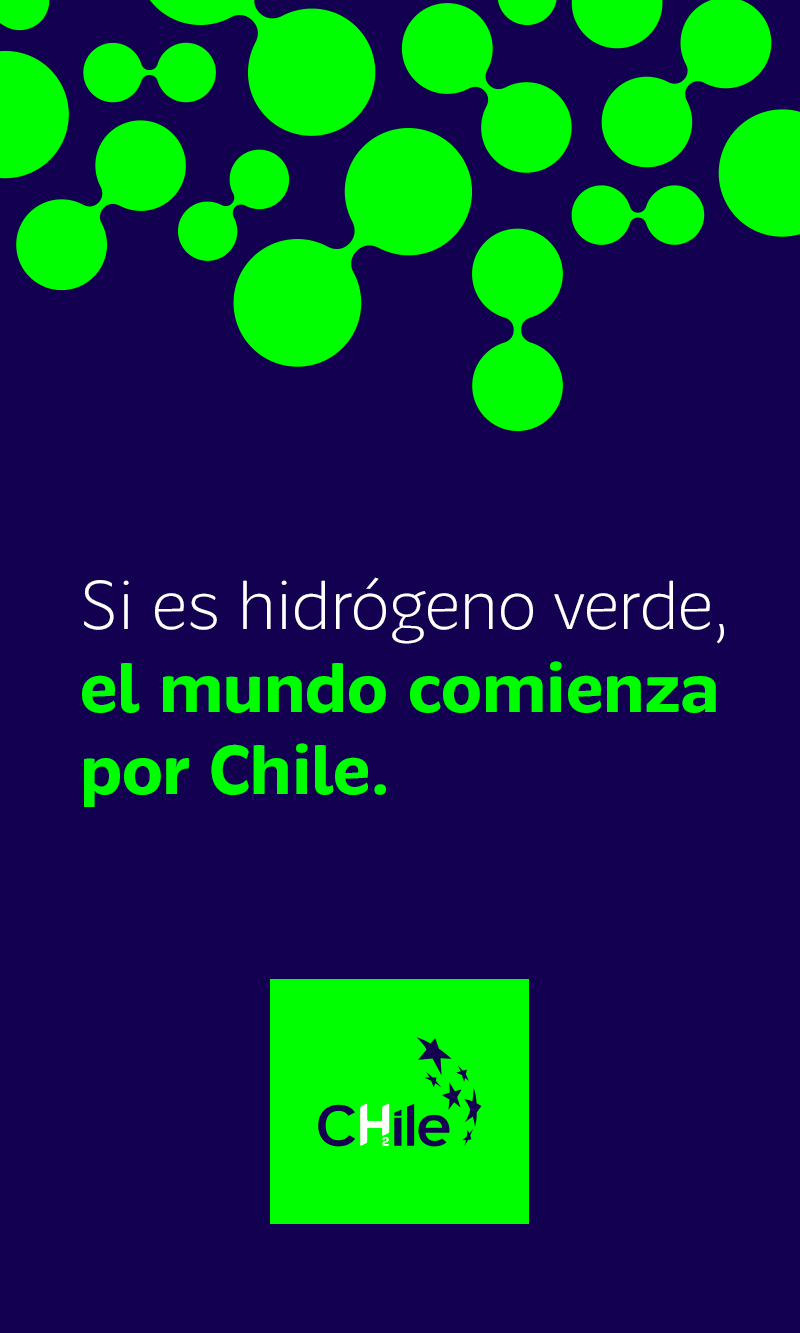
This is the first time that a Chilean documentary has been selected for the prestigious competition, a decision that was made by the members of the Chilean Film Academy (240 professionals dedicated to this field), which is already a great achievement for the feature film.
But this recognition is not the only one that the production has achieved in recent times: two months ago, El Agente Topo was also chosen by our country to compete in the Goya Awards 2021 and earlier this year, it had a successful run at the Sundance Festival, an instance in which it began to conquer the international audience. Thus, it will be the second time that the director will dispute this highest Ibero-American award, after her film La once ( 2014) was chosen to represent Chile in the contest in 2016. In this way, Alberdi is paving the way for Chilean filmmakers who seek to make history through non-fiction.
The documentary tells what happens when Romulo, a private investigator who is commissioned by a client to investigate the nursing home where his mother lives, decides to train Sergio, an 83-year-old widower who has never worked as a detective, to spend some time as an undercover agent in the home. "A film like El Agente Topo invites us to reflect on our own identity of who we are and where we want to go, and we believe that these questions are the ones that are making the most sense in the world today," says Diego Pino, president of Chiledoc. "The genre has been a great promoter of Chilean cinema in recent years and historically has been close to the social, political and cultural reality of the country, so it is no coincidence that it is the documentary that represents Chilean cinema abroad, because its vision is rooted in the processes of transformation that are taking place in Chile and the world," says the producer.
According to Isabel Plant, entertainment journalist and host of Radio Pauta, Chilean cinema has very good documentary directors from different generations. "We always have about 10 documentaries a year that travel to international festivals, with very interesting stories," she says. In any case, the journalist indicates that this has a long history, with Patricio Guzmán, Ignacio Agüero, among others. "We have very good exponents of documentary filmmaking.
The genre has been a contribution for years, which perhaps today has become more pop, partly because there are initiatives such as Miradoc, which were presenting documentaries in movie theaters until before the pandemic and because there are many documentaries from the world of music as well. So, if the Chilean documentary has always enjoyed good health, these days - and because of Maite Alberdi's generation and more - it is also living times of great popularity and that is very nice", he says.
Chilean cinema with a global reach
While Maite Alberdi's documentary opens a new path for the genre, the last 15 months have brought good news for Chilean non-fiction. Five local productions have won awards at festivals of international stature, such as La cordillera de los sueños ( by director Patricio Guzmán) at the Cannes Film Festival 2019, Nunca subí el Provincia ( by Ignacio Agüero) at the Marseille Documentary Festival 2019, Cantos de represión (by Estephan Wagner) at the Copenhagen Film Festival 2020, El otro (by Francisco Bermejo) at the Visions du Réel Festival in Nyon 2020 and Visión nocturna (by Carolina Moscoso), recent winner of the Grand Prize in the International Competition at the Marseille Film Festival.
And not only documentaries, but Chilean cinema in general is doing very well abroad, according to Isabel Plant: "We are present in all the festivals. Everything opened by the generation of Pablo Larraín and Sebastián Lelio, with Chilean directors in charge of productions in Hollywood and big industries, is very attractive. Chilean cinema is of interest to the world," she says.
However, the journalist points out that the challenge today lies with the local audience. "In recent years the attendance figures for Chilean films have been dramatic. Now, with streaming a door is opening. Films such as Tengo Miedo Torero have been very successful in viewing and the national titles available on Ondamedia have also had many viewings, certainly more than in theaters."
If you want to enjoy Chilean cinema, enter here: www.ondamedia.cl






